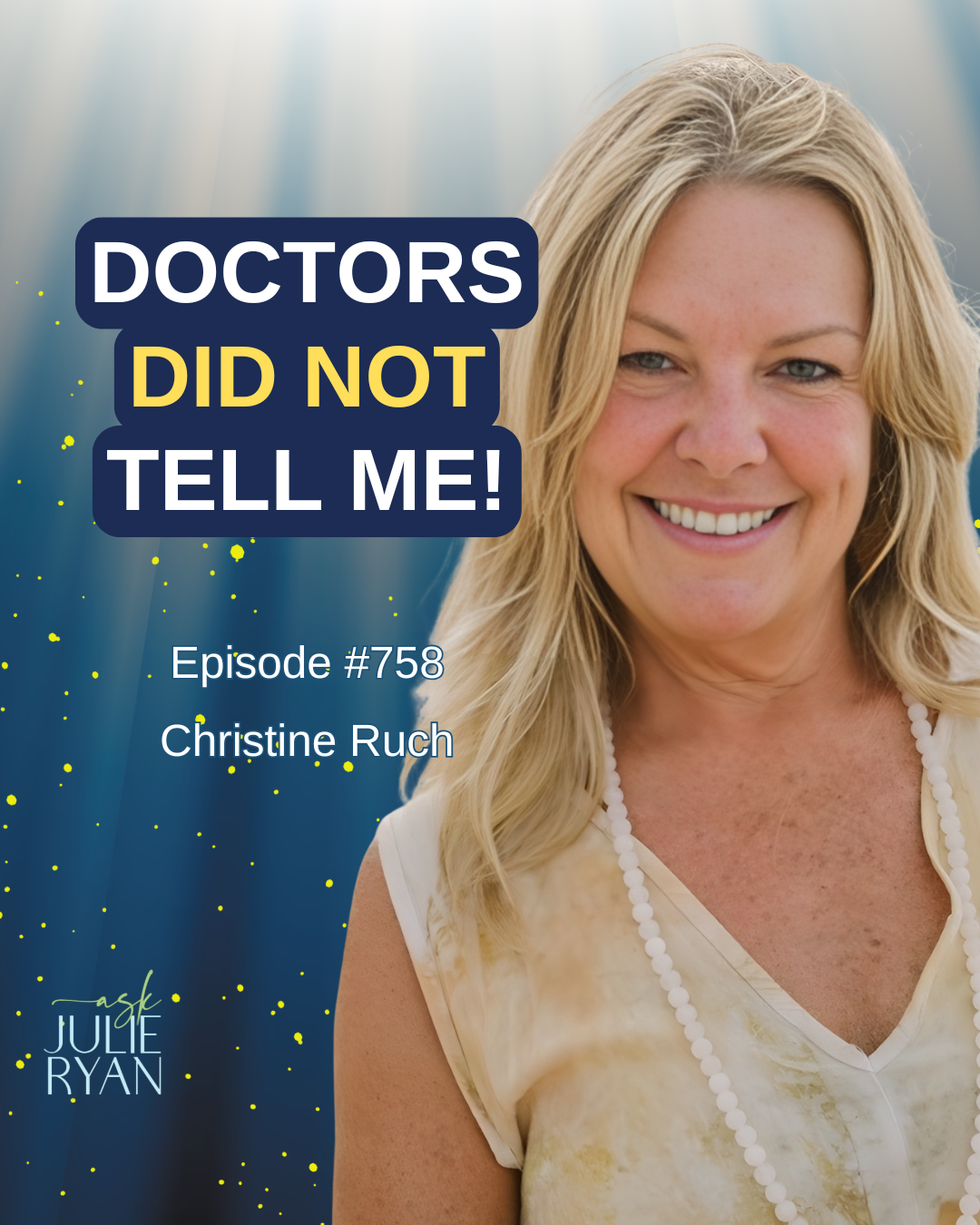Trish from Windsor, CT, asked:
Hi Julie,
My elderly mother has been living with my husband and me and while caring for my mom has been a privilege, it has also been quite tiring for us.
Throughout her life, my mom has showed great determination and strength of will (which is probably why she has reached this remarkable old age). Although I’ve seen changes in my mom and know that she is weakening, I also feel like she is struggling to hang on. Maybe there is something that she needs that she is not expressing to me.
I’m experiencing many emotions. While I love my mother and want to help her to the end, I miss my life with my husband and want to enjoy time with him and more freely visit and spend time alone with our adult children. Also, since I left my career to take care of my mom, I sometimes feel a loss of myself.
If I only knew what our future holds, I feel like I could either relax into our current situation and treasure this remaining time with my mom or, make some changes that would enable me to care for her and not feel like I’m losing time with the rest of my family.
Can you tell me how I can help my mom and what phase of transition (if any) she’s in?
Thank you,
Trish
Hi Trish,
Sounds like you have your hands full and are experiencing what a lot of people with elderly parents are facing.
A May 2020 Report conducted by the National Alliance For Caregiving (NAC) and the American Association of Retired Persons (AARP), shows 53 Million, almost one in every five Americans, are caregivers for an elderly parent or in-law. And, most if not all of them experience the emotions you mentioned (including guilt).
Douglas Wolf, PhD, a professor of aging studies at Syracuse University claims, “If you have a parent who needs help and you’re not providing help, then your mental health score goes down. If you have a parent who needs help and you do provide help, your mental health score goes down. It’s no worse to be a caregiver than to not be a care-giver.”
So, what can you and those caring for an elderly loved one do?
Here are ten coping strategies for caregivers from agingcare.com:
1. Respite – If possible, plan a weekly break.
2. Research Caregiver Resources – Contact your Area Agency on Aging for information on federal, state and local programs that may be able to provide financial assistance or other services that can reduce your caregiver stress levels.
3. Set Boundaries – It’s okay to say no when you don’t want to do something.
4. Accept Your Limitations – Focus on things you can affect and let go of anything you can’t change.
5. Get Organized – Prioritize, make lists and establish a daily routine. Divide large tasks into smaller, more manageable ones and learn to delegate.
6. Communicate – Stay in touch with family members, friends and outside resources and ask for help when needed.
7. Seek Caregiver Support – Join a support group for caregivers like Caregiver Action Network, Family Caregiver Alliance, National Alliance for Caregiving or Parenting Our Parents. In addition, there are many online options including ones covering a specific disease like Alzheimer’s or Parkinson’s.
8. Stay Active – Do what you can to get some exercise. Even a short walk can help you lessen stress and maintain or improve your own health.
9. Attend to Your Own Physical and Mental Health – Eat as healthy a diet as possible and make sure to add something fun to each day. Read a book, watch a movie or adopt a new hobby.
10. Take Time Off Work – Like you did, consider taking a break from your job. Eligible employees covered under the federal Family and Medical Leave Act (FMLA) may be able to take up to 12 weeks of unpaid leave per year to care for an immediate family member.
As I’m writing this, your mom is in Phase 4 of the Twelve Phases of Transition. As I describe in Angelic Attendants, this means her spirit is out of her body and attached to the top of her head in what looks like a cartoon caption bubble. In addition, she is surrounded by a horseshoe of angels that her deceased parents are anchoring. Your mom told me she isn’t ready to go, is in occasional pain and she needs a sweater.
Hope all this information provides you with some helpful resources and information as well as comfort!





